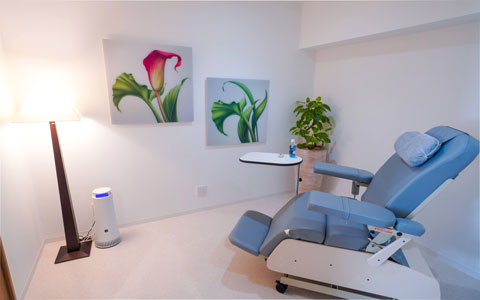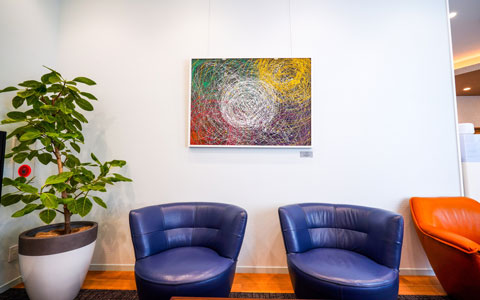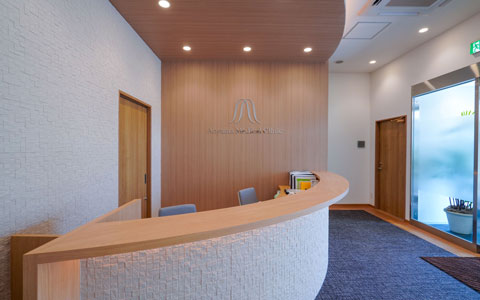If you have ever objectively considered how much older you appear during a stressful period, recent research findings might be of interest to you. This study, published in the academic journal Cell, confirms that stress promotes aging but also demonstrates that aging can be reversed through recovery from stress.
This research was conducted collaboratively by researchers from institutions such as Harvard Medical School and Duke University.
The researchers state, “The data we obtained reveal the fluctuating nature of biological age. Stress can rapidly increase biological age, but it can also be reversed to nullify that increase.”
The study assumes that actual age and biological age are not necessarily the same. For example, the body of a 40-year-old individual leading a very healthy lifestyle may function similarly to that of a 35 or 30-year-old person, indicating a younger biological age. Conversely, someone who has led an unhealthy lifestyle would experience the opposite situation.
While it is well-known that stress accelerates physical aging, this study focused on the question of whether the recovery period following stressful events could reverse aging.
The research team used a new tool to measure biological age by observing changes in gene expression according to different circumstances. They measured the biological age of mice and humans under various stress-inducing conditions.
As a result, it was repeatedly confirmed that biological aging progresses during situations such as major surgery, severe COVID-19 infection, and pregnancy. Furthermore, it was discovered that aging partially or completely recovers over a period of months or days after the stressful event has concluded.
In their paper, the researchers state, “A pattern that emerged throughout our study is that biological age increases when exposed to stress. However, biological age can fully or partially revert when stress is removed.”
One intriguing finding was that individuals who recovered from severe COVID-19 infection experienced shortened recovery time for biological age through the use of anti-inflammatory drugs. This suggests the potential for interventions such as anti-aging treatments. In other words, the researchers state that mechanisms exist to revert biological age and temporarily reverse aging through treatment.
However, this study does not elucidate how short-term patterns of aging and recovery impact long-term aging, and it has limitations that require further research.
On the other hand, this research suggests that the aged appearance and emotions that manifest after experiencing a stressful period do not necessarily persist indefinitely. Taking time to rest is crucial for recovering from aging.
References:
Biological age is increased by stress and restored upon recovery.
Poganik JR, Zhang B, Baht GS, Tyshkovskiy A, Deik A, Kerepesi C, Yim SH, Lu AT, Haghani A, Gong T, Hedman AM, Andolf E, Pershagen G, Almqvist C, Clish CB, Horvath S, White JP, Gladyshev VN.Cell Metab. 2023 May 2;35(5):807-820.e5. doi: 10.1016/j.cmet.2023.03.015. Epub 2023 Apr 21.PMID: 37086720






